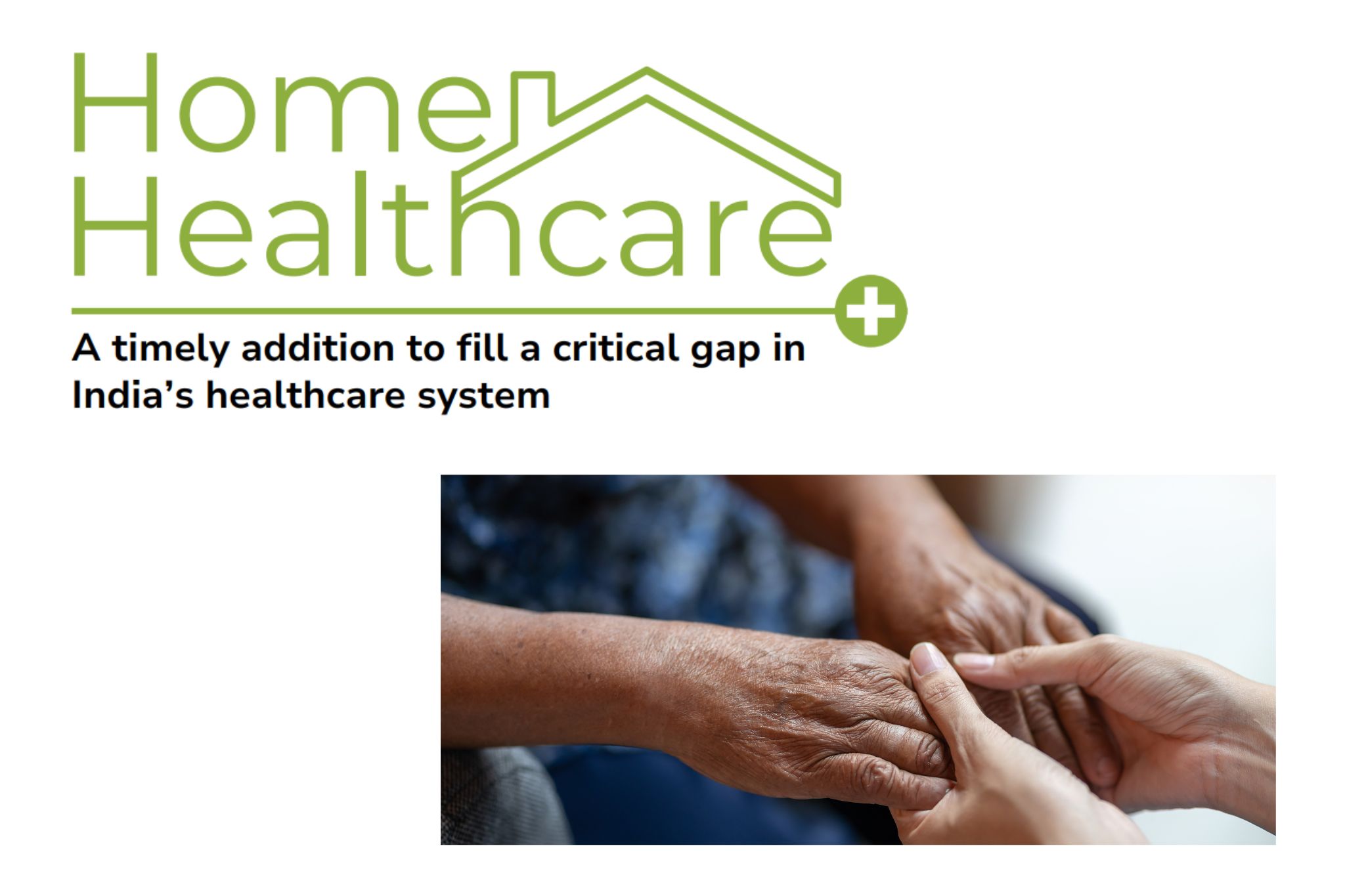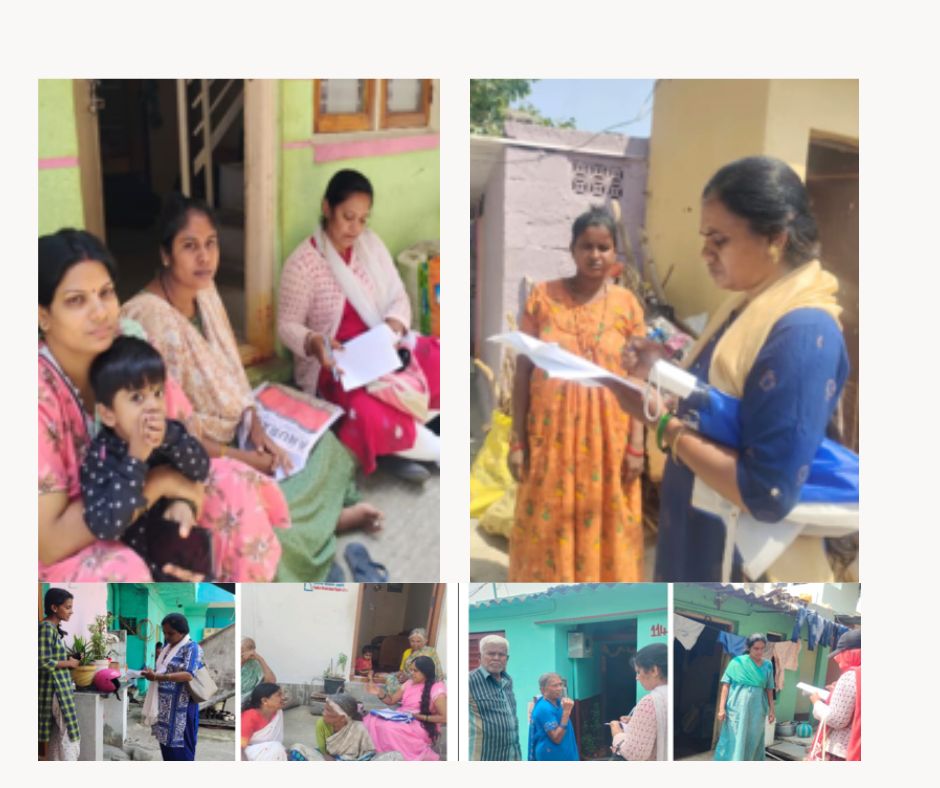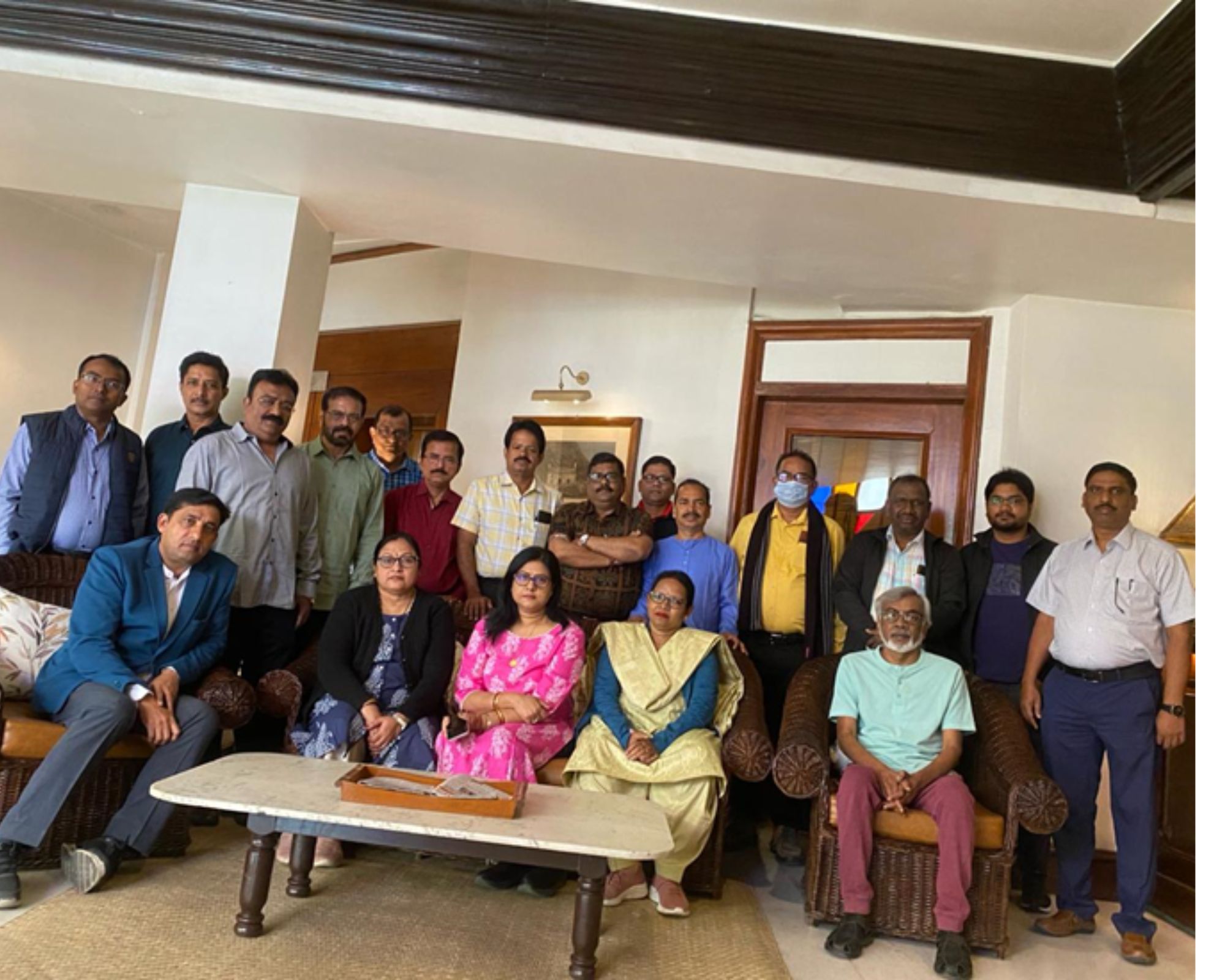India is witnessing a significant demographic shift with a burgeoning population of older adults. Projections suggest that the number of elderly individuals in India will more than double from 100 million in 2011 to 230 million by 2036, constituting nearly 15% of the total population, with around 120 million being women. This demographic transition calls for a pressing concern for healthcare solutions tailored to the specific needs of older individuals, particularly considering that women in India typically outlive men by three years. Effective policies, programs, and services must be devised to address the distinct healthcare requirements of this growing demographic, ensuring that older women can maintain respectable and independent lives.
In response to this demographic shift, research-driven inclusive strategies for elderly well-being should be integrated into public health policies. Home healthcare emerges as a pivotal strategy in this regard. Through a study conducted by Team HSTP, insights were gained into the need, scope, barriers, and opportunities associated with delivering healthcare services at home. Drawing upon this study, a policy brief was formulated, outlining recommendations to integrate home healthcare into the country’s health system. Key recommendations include the development of a comprehensive policy for home healthcare, recognizing the home as both a care setting and a workplace. Standardized procedures for home care delivery and ensuring an adequate supply of trained caregivers are also emphasized. By integrating home healthcare within the broader healthcare system, it becomes easy to address the specific needs of older individuals, particularly women more systematically and efficiently.
This approach not only enhances access to healthcare services but also promotes the autonomy and dignity of elderly individuals, allowing them to age gracefully within the comfort of their homes. In essence, integrating home healthcare into public health policies represents a proactive step towards addressing the evolving healthcare needs of India’s aging population, particularly women, ensuring their well-being and quality of life in their later years.
Women are the major caregivers to the family, often struggling to manage their morbidity while attending to the care needs of their family members. With the feminization of aging, widows constitute the larger percentage of the aged, often lacking the support they had provided to their partners. With increased nuclearization of families, this tendency will only get aggravated. Home-based care, where external, professional help is accessed for providing care, will be an important component of supporting women in the future. Our study and the continued work we propose to do in home health care and geriatric health will highlight the situation of women as caregivers give caregivers and care seekers in old age.



